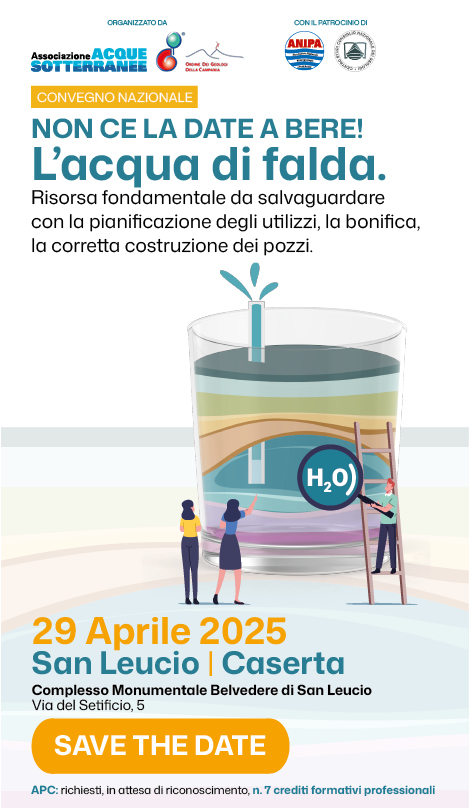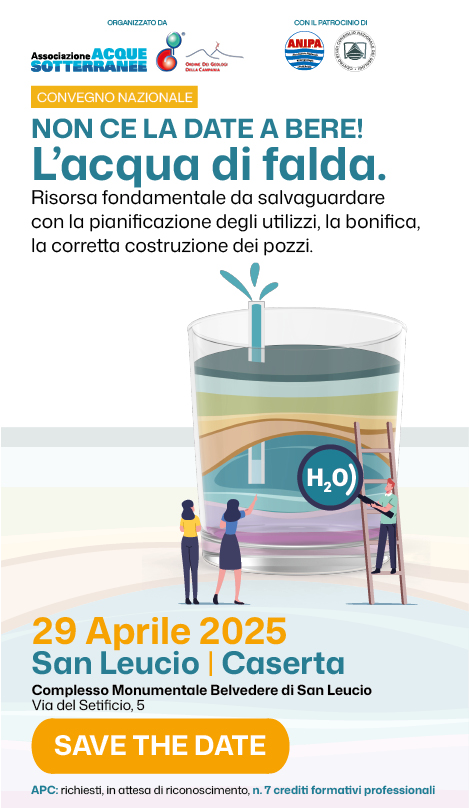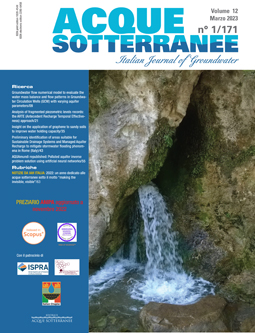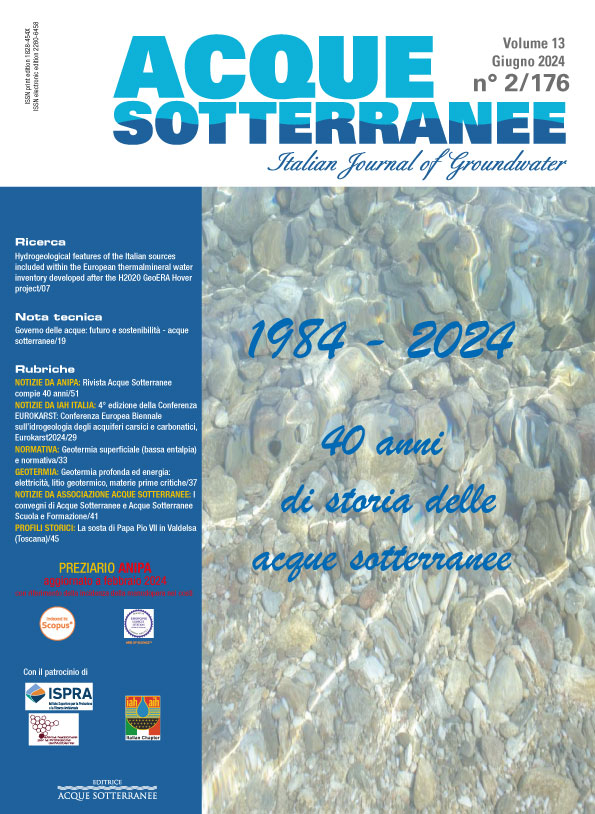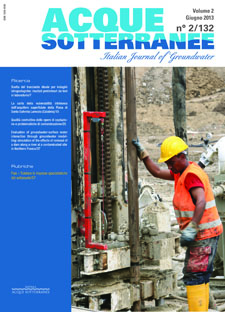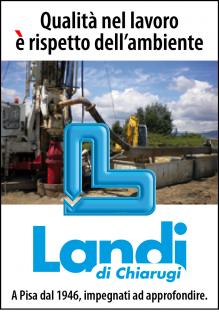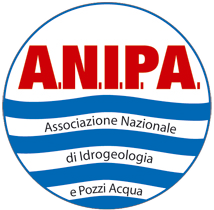Risk-Dependent Integrated Water Resources Management: A conceptual model
Decision making related to the interaction between water and environmental issues is associated with five inter-linked Principal Water Elements alternatives: Groundwater; Surface-water; Marginal-water; Anthropogenic impact on an aquifer; Optimal quantity/quality water management. The latter, in view of ongoing deterioration in water quality and quantity, should be the focal attention of a central water authority being the decision maker governing and implementing policy specifically when demand is growing at higher rates then availability. An integrated approach for management of water resources must account for often contradictory interests of various stakeholders (i.e. site criteria represented by its water related exploitations) while relying on a wide range of disciplines (physics of flow and solutes transport through aquifers; operations research; economics; politics etc.). We propose a conceptual Decisions Support System for establishing an Integrated Water Resources Management generic model. At its first phase this model, calibrated per a prescribed region, is aimed at providing optimum ranking scenarios between water related criteria (stakeholders such as urbanization, industry, agriculture, watersheds and economy) and action alternatives associated with the PWE (e.g. pumping/injection protocols and/or desalinization/purification degrees). The model following second DSS phase aims at judging its first phase resolution on the basis of simulations associated with the site criteria (e.g. predictions of its watershed subsurface flow and transport and/or water pricing associate with its economy). Iterations between these two phases will yield a balanced decision, bridging between policy and implementation.

